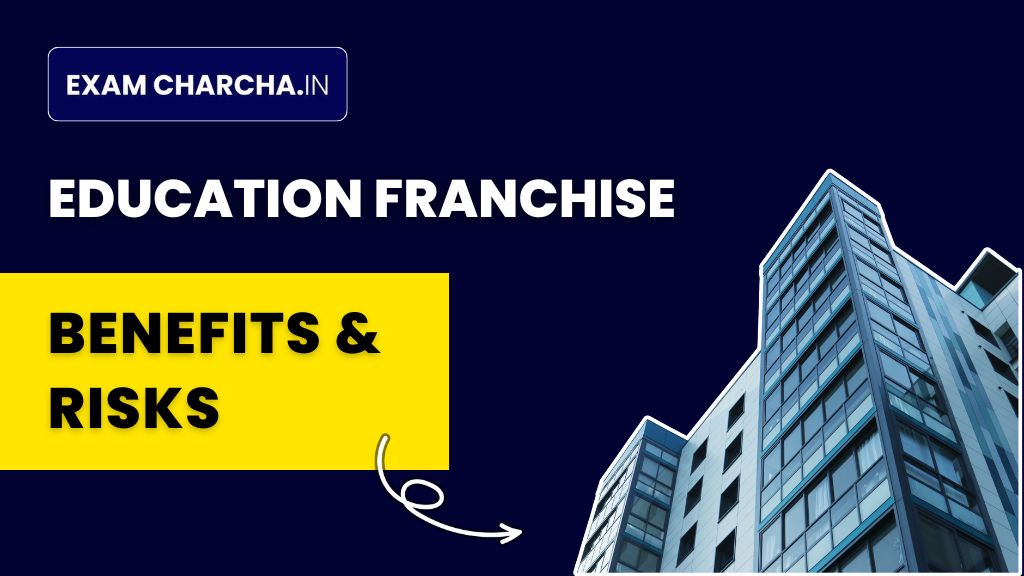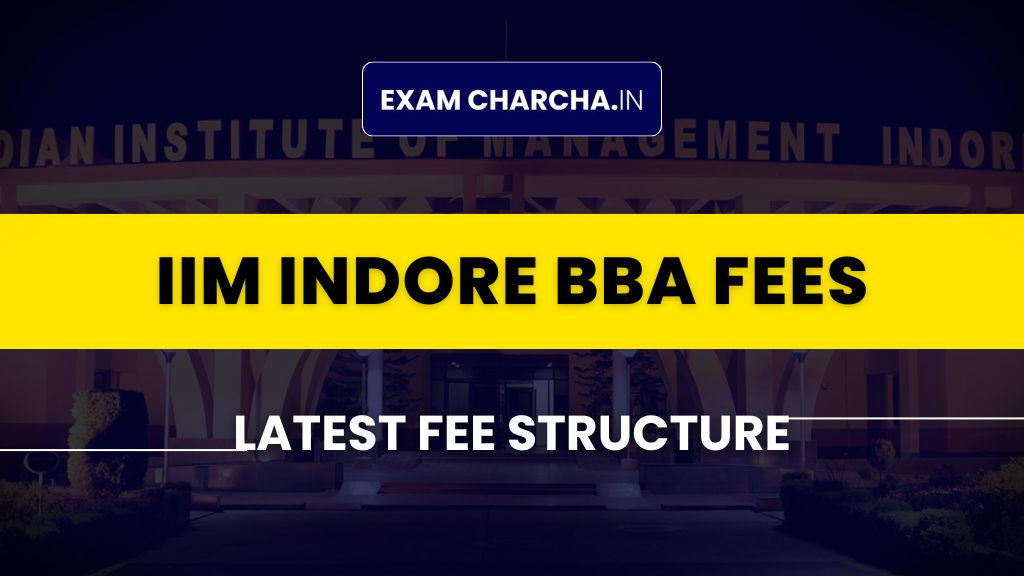Have you noticed how some of the most trusted education brands are found everywhere? That’s the power of franchising—a business model that lets entrepreneurs thrive under an established name.
Education franchises offer a proven system, strong brand recognition, and the chance to make a real difference in communities. But like any business, they have challenges.
In this post, we will explore the benefits of education franchises, the advantages of coaching franchise ownership, and the disadvantages of education franchise investments to help you decide if this rewarding path is right for you.
Education Franchise Benefits
Investing in an education franchise presents numerous advantages, making it an attractive opportunity for aspiring entrepreneurs. Some of the benefits of investing in an education franchise are:
1. Proven Business Model
When investing in an education franchise, you adopt a tested and successful business model.
- Reduced Risks: The franchisor has already identified and mitigated challenges in the model, giving you a reliable framework to operate within.
- Consistency: The system is built on tried-and-true methods, ensuring your business follows processes that have worked in other locations.
2. Established Brand Recognition
Brand reputation plays a significant role in attracting customers, especially in the education sector.
- Trust Factor: Parents and students are more likely to choose a well-known name over an independent, lesser-known competitor.
- Marketing Advantage: A strong brand identity reduces the effort and costs required to establish credibility and trust in the market.
3. Comprehensive Training and Support
Franchisors offer extensive training and ongoing assistance, ensuring you are well-prepared to manage the business.
- Initial Training: Covers areas like curriculum delivery, staff management, and operational systems.
- Ongoing Updates: Regular updates on new teaching techniques, curriculum revisions, and market trends help you stay competitive.
- Technical Assistance: Many franchisors provide access to proprietary tools, software, and platforms for efficient operations.
4. High Demand for Education
Education remains a necessity, making the sector resilient even during economic downturns.
- Evergreen Industry: The need for quality education spans across demographics and economic conditions.
- Growth Potential: With the increasing emphasis on academic excellence and skill development, the demand for coaching centers, preschools, and skill-based learning is steadily growing.
5. Diverse Market Segments
Education franchises cater to various niches, offering investors flexibility to choose a focus area.
- Options: From preschools to competitive exam preparation and skill development, investors can align their choices with their passion or expertise.
- Scalability: Many franchises allow you to expand into different segments as your business grows.
6. Faster Startup Process
Unlike starting a business from scratch, franchising offers a streamlined setup process.
- Pre-Built Systems: From marketing materials to operational workflows, everything is ready for implementation.
- Quick Market Entry: You can start operations within weeks or months, depending on the franchise requirements.
7. Marketing and Advertising Support
Franchisors often run centralized marketing campaigns and provide materials to help promote the brand.
- Brand Campaigns: National and regional advertisements boost your visibility and attract students.
- Local Support: Franchisors may provide localized marketing materials or strategies tailored to your specific region.
8. Hybrid Learning Opportunities
Many education franchises embrace technology, offering both online and offline learning options.
- Adaptability: These models cater to the needs of modern students and parents, providing flexibility in delivery.
- Crisis Management: Hybrid learning ensures continuity during disruptions, such as pandemics or natural disasters.
9. Multiple Revenue Streams
Education franchises often offer various programs and services, increasing revenue potential.
- Add-Ons: Summer camps, skill workshops, and supplementary classes generate additional income.
- Subscription Models: E-learning platforms and digital resources create recurring revenue.
10. Community Impact
Owning an education franchise allows you to make a positive difference in society.
- Social Contribution: By providing quality education, you contribute to the development of future generations.
- Recognition: Being associated with a reputable brand enhances your standing in the community as a leader in education.
By capitalizing on these benefits, investors can build a successful business that offers financial rewards and also contributes to the development of future generations.
Checkout the Best Education Franchise in India.
Disadvantages of Investing in Education Franchise
While investing in an education franchise offers many benefits, it’s important to be aware of the potential challenges that come with it, which can impact your overall business experience and profitability.
1. High Initial Investment
Starting an education franchise often involves significant upfront costs.
- Franchise Fees: Licensing fees for well-known brands can range from lakhs to crores, depending on the brand and location.
- Infrastructure Costs: Setting up classrooms, labs, and administrative spaces requires a substantial financial commitment.
2. Ongoing Royalties and Fees
Franchises typically require regular royalty payments, which impact profitability.
- Revenue-Based Royalties: A percentage of your earnings is paid to the franchisor, reducing your net income.
- Fixed Payments: Some franchises mandate fixed monthly fees, regardless of business performance, adding financial strain during slow months.
3. Limited Autonomy
Franchisees must adhere to the rules and policies set by the franchisor.
- Operational Constraints: Decisions regarding curriculum, pricing, and marketing are often dictated by the franchisor.
- Restricted Creativity: Entrepreneurs looking for flexibility may find the model too rigid to implement their own ideas.
4. Dependency on Brand Reputation
Your business success is tied to the franchisor’s reputation.
- Reputation Risks: Negative news or controversies involving the franchisor can affect your franchise, even if your operations are unaffected.
- Limited Damage Control: You have little control over addressing brand-related issues locally.
5. Market Saturation
Urban areas often have numerous education franchises, leading to stiff competition.
- Overcrowded Markets: In saturated regions, attracting and retaining students becomes a challenge.
- Reduced Margins: Price wars and aggressive marketing in competitive areas can erode profits.
6. Demand Variability
While urban areas may face saturation, rural areas may not generate sufficient demand.
- Uneven Market Dynamics: Rural or semi-urban regions might lack the population density or purchasing power needed to sustain a franchise.
7. Operational Challenges
Running an education franchise requires significant effort and expertise.
- Staffing Issues: Recruiting qualified teachers and administrative staff can be difficult and costly.
- High Expectations: Parents and students often expect exceptional results, adding pressure to deliver consistently.
8. Creativity Constraints
Franchisors maintain control over branding and curriculum, limiting your ability to innovate.
- No Customization: Local market needs or creative teaching methods might not align with the standardized curriculum.
9. Economic and Technological Adaptations
Keeping up with market trends and tech advancements often requires additional investment.
- Costly Updates: Adopting new tools, software, or teaching methods can increase operational expenses.
- Market Shifts: A failure to adapt to new demands, like online learning, can lead to declining enrollments.
10. Risk of Overdependence on Franchisor
Relying too heavily on the franchisor can make it difficult to adapt independently.
- Limited Flexibility: Franchisees may struggle to pivot strategies in response to local challenges.
- Franchisor Dependency: If the franchisor fails to innovate or address market shifts, your business could suffer.
Considering these disadvantages of an education franchise is crucial for making an informed decision, ensuring that the investment aligns with your goals and capabilities before committing to a franchise opportunity.
Read more about IMS India Franchise.
Types of Education Franchises to Invest
1. K-12 Schools
Catering to primary and secondary education with a focus on holistic learning.
2. Preschools
Early childhood education franchises like EuroKids or Kidzee are in high demand due to increasing awareness about the importance of foundational learning.
3. Coaching Centers
Franchises like Law Prep Tutorial and Aakash provide test preparation for competitive exams such as IIT-JEE, NEET, or CLAT.
4. Skill Development Programs
Focused on vocational training, coding, language learning, and other professional skills.
5. EdTech Platforms
Digital education is booming, with franchises offering online courses and virtual classrooms.
Know More about Best CLAT Coaching Franchises.
Evaluating the Potential of Education Franchises
Investing in an education franchise can be a rewarding business opportunity, but it requires thorough evaluation. Here’s a quick guide on how to assess the potential of an education franchise:
1. Research the Franchisor’s Track Record
Check the franchisor’s history, reputation, and industry recognition. A solid track record with positive feedback from current franchisees is crucial for success.
2. Market Demand
Evaluate the demand for educational services in your area. Research demographics, competitor analysis, and national trends to understand local market conditions.
3. Financial Viability
Assess the total investment required, including franchise fees, setup costs, and ongoing royalties. Ensure the revenue potential justifies the financial commitment and review the franchisor’s financial projections.
4. Support and Training
Consider the level of initial and ongoing support the franchisor offers. This includes training, marketing assistance, operational tools, and continuous guidance.
5. Franchise Agreement
Review the franchise agreement carefully. Focus on contract terms, territorial exclusivity, restrictions, and exit strategy to ensure your interests are protected.
6. Scalability and Growth
Look for opportunities to expand or adapt the franchise to meet market changes, such as offering online courses or opening multiple locations.
7. Franchisee Reviews
Speak with current or former franchisees about their experiences to gain insights into support, financial performance, and day-to-day operations.
By evaluating these factors, you can make a well-informed decision and choose an education franchise with strong growth potential and long-term success.
See Details of LegalEdge Franchise.
Challenges to Consider While Investing in Education Franchise
1. Initial Investment
Education franchises often require significant capital for setup, training, and marketing.
2. Adhering to Standards
Franchisors have stringent guidelines to maintain quality and consistency, leaving little room for personal innovation.
3. Competitive Market
The education sector is highly competitive, requiring consistent effort to stand out.
4. Long-Term Commitment
Running an education franchise demands dedication and adaptability to evolving trends.
Read more about Judiciary Coaching Franchise in India.
FAQs on Education Franchise Pros and Cons
Key advantages of investing in an education franchise include brand recognition, a proven business model, training and support, high demand, stable revenue, and effective marketing, which reduce risks and boost success.
The cost of an education franchise varies by brand and location, covering franchise fees, setup, training, and operational costs. Consider ongoing royalties and review financial terms carefully.
Yes, education franchises can be profitable with consistent demand. Success depends on location, brand reputation, competition, and student enrollment. Research financials before investing.
The main disadvantages include high startup costs, limited autonomy, ongoing royalties, market saturation, reliance on the parent brand’s reputation, and potential franchisor conflicts.
As a franchisee, your operations follow the franchisor’s rules, limiting innovation and autonomy. This structured approach reduces risks but may be a disadvantage if you prefer independence.
Ensure success by choosing a reputable franchisor, researching local demand, using effective marketing, offering quality services, and maintaining ongoing training and good franchisor relationships.
Education franchises offer support such as training, marketing assistance, curriculum resources, operational guidelines, and student recruitment advice. Support levels vary by franchisor.
Evaluate an education franchise by considering the franchisor’s track record, local demand, financial requirements, and brand reputation and reviewing the franchise agreement and feedback from other franchisees.
Many education franchises offer online or hybrid models, allowing you to reach students beyond local markets. Check with the franchisor for available options.
Marketing is vital for franchise success. While the franchisor handles national campaigns, you’ll focus on local marketing to build brand awareness and drive enrollment.
Investing in an education franchise depends on your goals, risk tolerance, and commitment to a structured model. Evaluate the pros, cons, and financial risks before deciding.
Conclusion
Investing in an education franchise in India combines profit with purpose. With benefits like a proven model, strong branding, and franchisor support, it’s a great opportunity for aspiring entrepreneurs. However, challenges like high costs and market competition require careful planning.
Choose a franchisor that aligns with your values, research thoroughly, and prepare well. Are you ready to shape the future and secure your own? The education franchise sector awaits!



